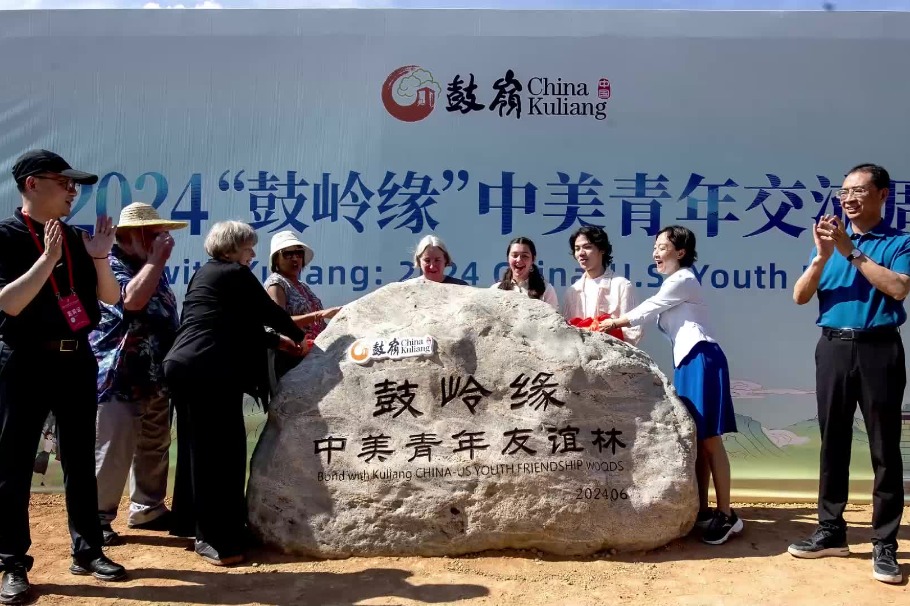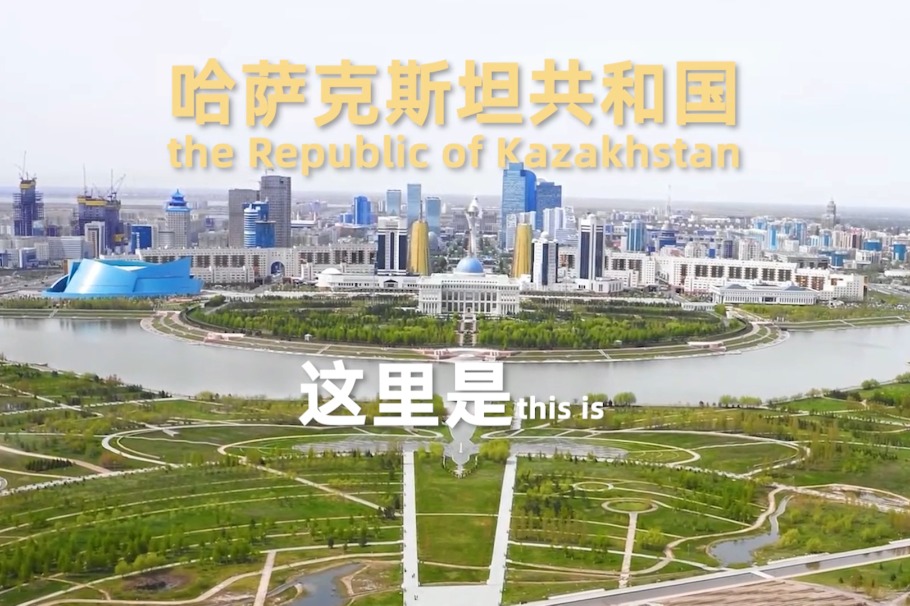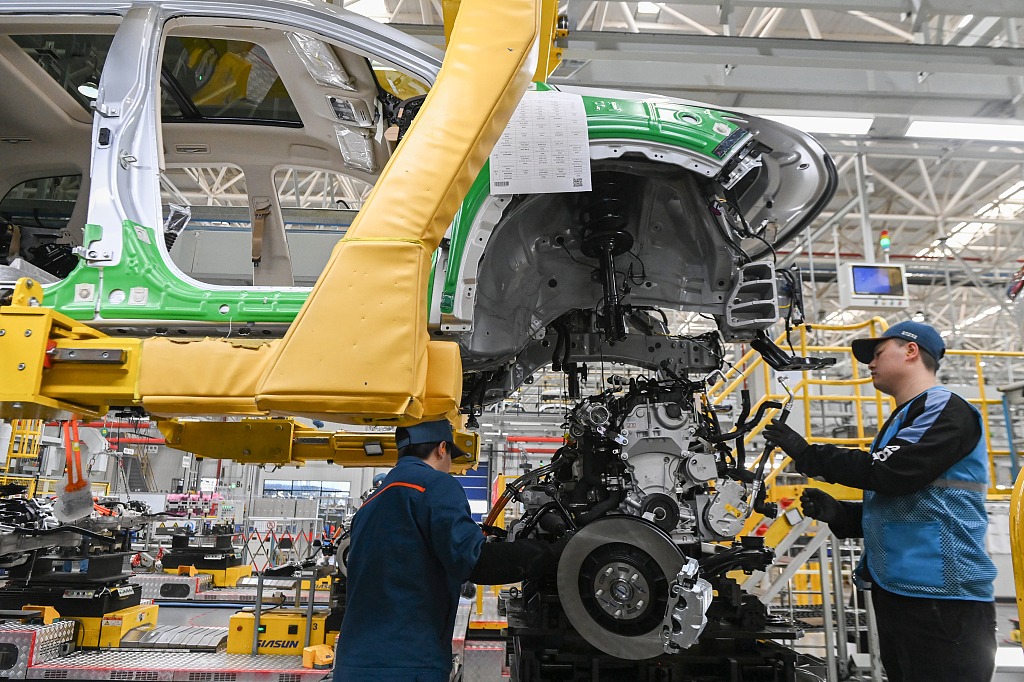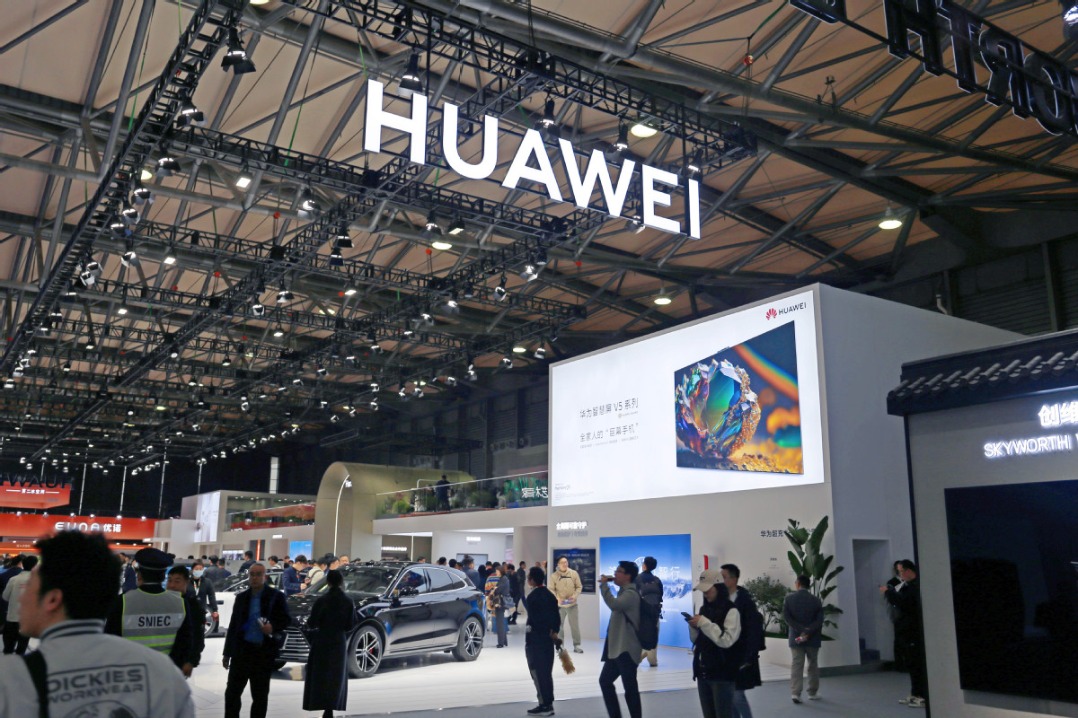New quality productive forces demand lots of talent

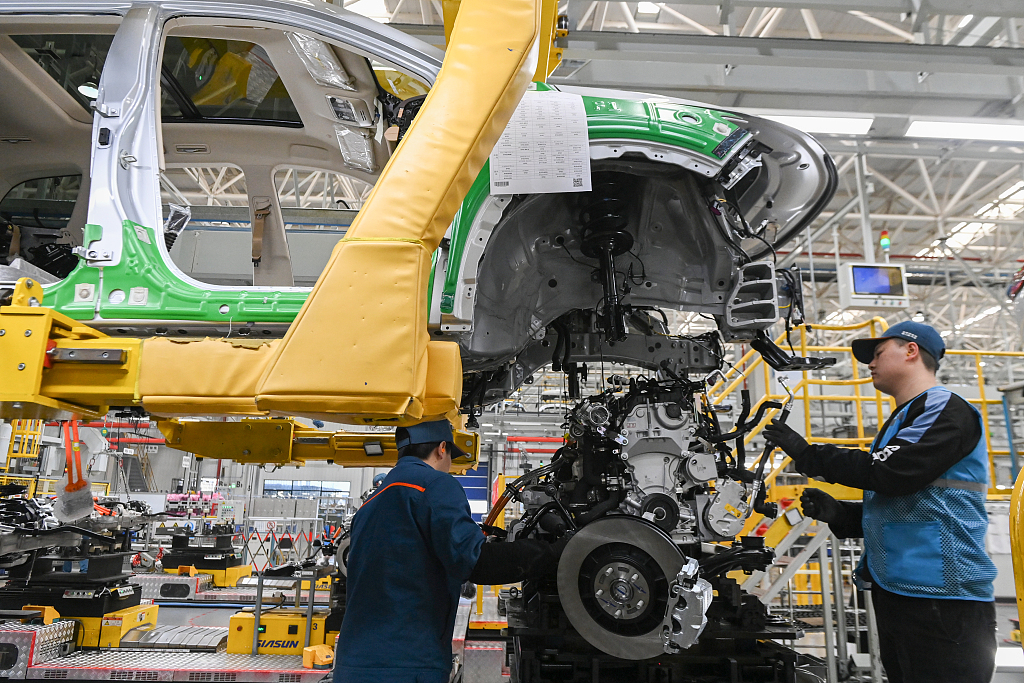
As demonstrated by the late Robert Lucas, founding father of endogenous economic growth theory, modern economies thrive on significant investments in human capital through their education systems. Yet domestically produced talent alone is not enough.
What truly supercharges a country's innovation and sustained economic growth is the influx of international talent. While some speculate that artificial intelligence may eventually automate scientific progress, it's crucial to remember that AI's advancements depend on the amount of data, computational power and, most importantly, computer scientists — that is, human talent.
The United States remains unrivaled in attracting smart and ambitious scientists, entrepreneurs, managers and artists who drive innovation and cause disruptions. Consider Steve Jobs, the son of a Syrian immigrant, or Elon Musk and Jensen Huang, who too are immigrants to the US, and all the groundbreaking innovations and immense value their entrepreneurship has unleashed. As Japanese-American nuclear physicist Michio Kaku said, the secret weapon of the US is the H1B visa, the vehicle that allows smart talent to stay and flourish in the country.
Unlike those, like for instance Stanford University historian Niall Ferguson, who argue that China and the US are already engaged in a new Cold War and that the US is teetering on the brink of domestic disintegration, a more nuanced evaluation of the current "major country competition" would view China and the US as two superpowers with formidable domestic strengths engaged in a "long twilight struggle". The socioeconomic system capable of out-innovating the other will gain a decisive long-term advantage.
Enter China and President Xi Jinping's concept of "new quality productive forces". This term has become ubiquitous, featuring prominently in a plethora of the Communist Party of China's publications and Xi's recent signed article in the leading Party journal Qiu Shi (Seeking Truth). And the Third Plenary Session of the 20th CPC Central Committee scheduled for mid-July is expected to shed more light on the operationalization of new quality productive forces.
But the concept didn't appear out of thin air. It is rooted in a nationwide dialogue recognizing the current era as the threshold of a techno-industrial revolution.
In May 2016, the State Council, China's Cabinet, and the CPC Central Committee released the Innovation-Driven Development Strategy. "National prosperity", the authors said, "springs from strength in innovation, and national misfortune follows from weakness in innovation." They acknowledged that while China has made significant economic achievements during the four decades of reform and opening-up, "traditional development drivers are growing progressively weaker, and the expansive growth mode is difficult to sustain."
An innovation-driven approach is now essential to creating new engines of development and fostering new economic growth nodes. The concept of new quality productive forces is thus directly tied to this process of China cultivating new sources of growth. Indeed, this term may already have entered the lexicon of Chinese officialese as a cornerstone of the top leader's strategic vision.
Yet innovation cannot be mandated simply by decree. Calling for the need for innovation and upholding new quality productive forces is one thing, and getting a complex socioeconomic system to deliver and expand the technology frontier is quite another. While general conditions such as property rights, rule of law, political stability and security are necessary, the key factor fueling innovation-driven growth remains human talent. Economists use the more technical term human capital and define this as the accumulated knowledge in people's minds.
China is poised for a meteoric rise as far as its domestic human capital is concerned, with the number of college-educated members in the workforce continuing to grow even as the overall population declines. However, domestic human talent alone is not enough to make China a more competitive innovator than the US. China has a population of over 1.4 billion people, but the US attracts talent from across the world, tapping into a potential pool of 8.1 billion people. The key idea here is that a person is more productive when surrounded by others with high levels of human talent. In essence, it's the aggregate stock that matters.
As such, China needs to double down on openness and attract as much global talent as possible. This will require funding scholarships to lure college graduates, carrying out immigration reforms to make it easier for graduates of leading global universities to obtain visas and work permits (akin to "high-potential individual programs" in other countries). Essentially, China needs nationwide mass mobilization to become a globally competitive human talent hub by creating conditions that will prompt high-potential individuals to choose to live and work, and flourish in China as global citizens. China needs not fear foreign talent because it can assimilate it effectively.
Xunzi, the Confucian philosopher during the Warring States Period (475-221 BC), stated that talent is the source of national power. Echoing this ancient wisdom, Yan Xuetong, the founder of the "Tsinghua School of Thought" in international relations, said that if "in the agricultural era of two thousand years ago, scholars recognized that the success or failure of the rise of a great state was determined by human talent, then, two thousand years later, the economic development of today's knowledge economy is also determined by human talent".
Xunzi's insight is timeless: the new quality productive forces will demand an abundance of talent. Even a staunch anti-globalizer like former US President Donald Trump recently promoted the idea that foreign graduates of leading U.S. universities should automatically be granted a green card. Trump seems to understand the significance of talent for national power. The country that can create the right domestic conditions to attract global talent will control the strategic commanding heights in building a globally competitive technological innovation ecosystem, and race ahead of its competitors.
The views don't necessarily reflect those of China Daily.
The author is a visiting assistant professor of Global Affairs at the Schwarzman College, Tsinghua University.
If you have a specific expertise, or would like to share your thought about our stories, then send us your writings at opinion@chinadaily.com.cn, and comment@chinadaily.com.cn.



















